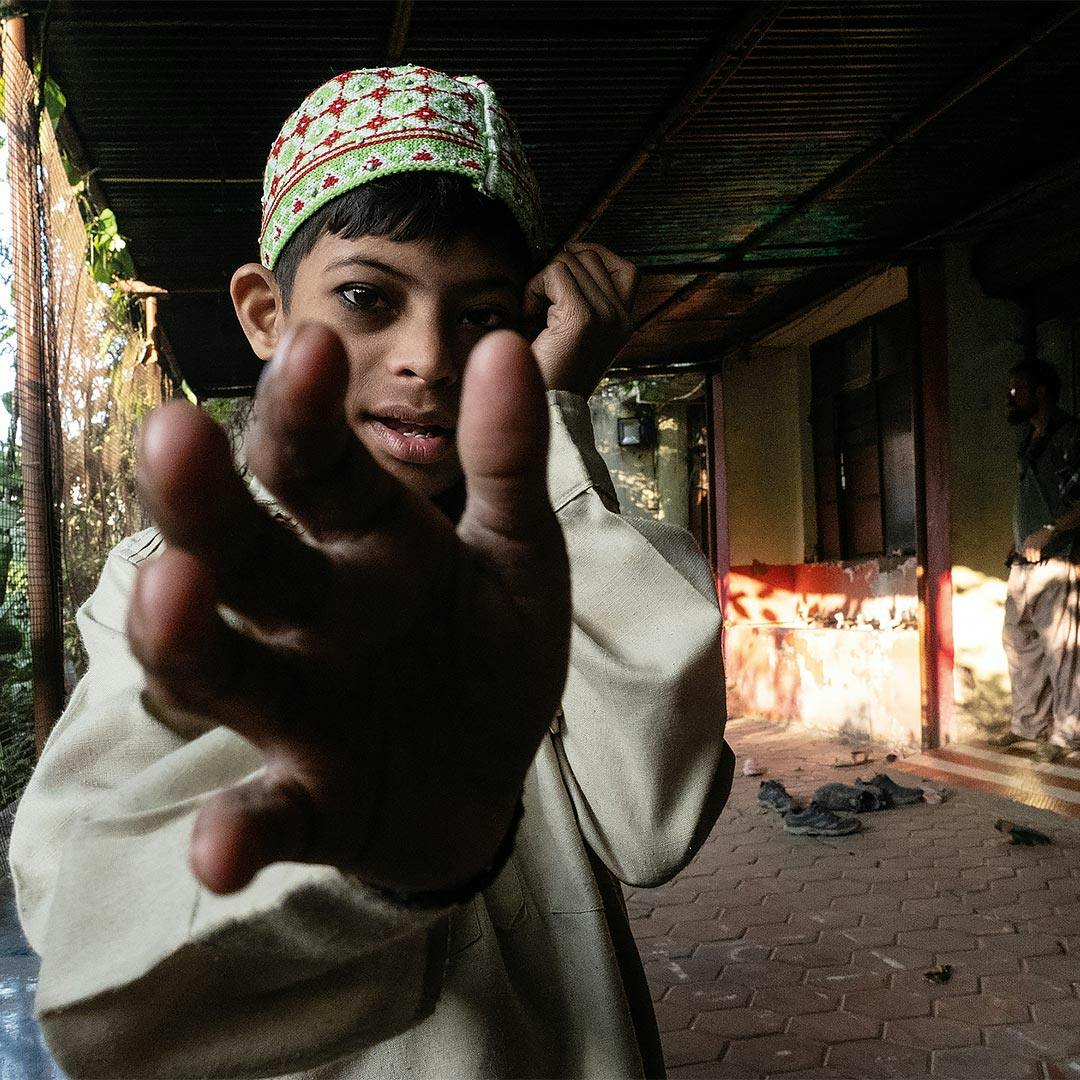Discover Another Life with Joy Marie Clarkson
Another Life with Joy Marie Clarkson

Another Life with Joy Marie Clarkson
Author: Plough
Subscribed: 151Played: 7,189Subscribe
Share
Copyright © 2025 Plough Publishing. All Rights Reserved.
Description
How can we live well together? What gives life purpose? How do technology, education, faith, capitalism, work, family change the way we live? Is another life possible? Plough editor Joy Marie Clarkson digs deeper into perspectives from a wide variety of writers and thinkers appearing in the pages of Plough.
299 Episodes
Reverse
Makoto Fujimura, Haejin Fujimura and Joy Marie Clarkson discuss how art can serve as a means of envisioning a just future.
In this episode of Another Life, Joy Clarkson speaks with Natalie Carnes, a professor of theology at Duke University, about the role of images in worship.
Read the transcript.
Brandon Vaidyanathan: I discovered beauty through betrayal by my girlfriend, studying business, and my mother's mental illness.
Read the transcript.
In a new season of the Another Life podcast, Joy Marie Clarkson and
Ben Quash look at beauty in the Old and New Testaments.
Read transcript here.
In his new book *Against the Machine: On the Unmaking of Humanity*, English writer Paul Kingsnorth argues that forces of economic globalization have treated people as means not ends, leading to homogenized culture and widespread nihilism. With the force of this “machine” sucking us in, how can we remain human? How can we fend off despair and cynicism when it threatens to crush our very soul? Is another life really possible after the “machine”? On October 1, 2025, Paul Kingsnorth gave this talk, sponsored by Plough. Following remarks from Kingsnorth, Jacqueline Rivers and Sean D. Kelly responded.
Read the transcript here.
Joy Marie Clarkson and Alison Milbank discuss the importance of angels and why parishes are good.
Read transcript here.
Sarah Killam Crosby, Benjamin Crosby, and Joy Marie Clarkson discuss what happens to your life, church, and marriage when you actually believe in the Holy Spirit.
Read transcript here
US Marines veteran Phil Klay talks to Joy Clarkson about going to war, honor, penance, and the burden we should all share.
Read transcript here.
We are seeing an unexpected resurgence of openness to God and spiritual matters, and an uptick in religious participation. What’s behind it?
Read the transcript.
To live in better we have to begin with the conviction that another life is possible. That is what this podcast aims to explore.
In today's inaugural episode, Joy interviews Plough Editor-in-chief Peter Mommsen, and senior editor Maureen Swinger and her husband, Jason.
View the transcript
Learn more: plough.com/podcast
Smoking and drinking carry known risks. Here’s why I haven’t given them up.
The wellness industry sells you a version of yourself it can’t deliver. Hope lies elsewhere.
Hidden in plain sight, foreign health aides in UK care homes face exploitation.
Sharon could hardly leave the house. She showed me the wonder and limits of therapy.
After October 7, can a Muslim-Christian-Jewish center in Abu Dhabi make any difference?
For parents of neurodiverse children, church and school can be another hurdle.
Living with a chronic illness, I’ve traveled between the kingdom of health and the kingdom of sickness.
Forty years after history’s worst industrial accident, survivors still live in its shadow.
The direct primary care model aims to put relationships over profit.
An addict looks for a way out.














